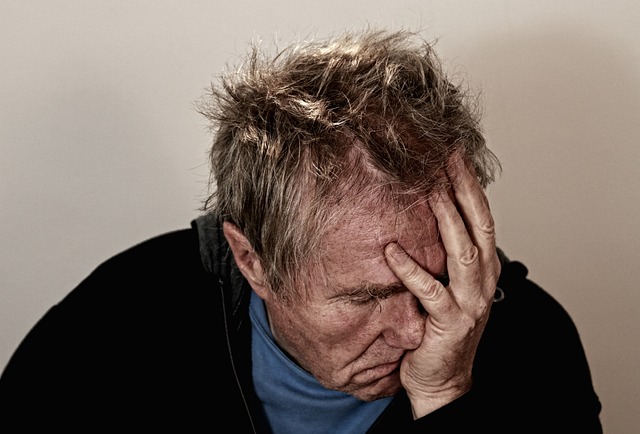The Existential Dilemma: Navigating Despair in Modern Science and Philosophy
In our quest for understanding, we often find ourselves grappling with the profound implications of both modern science and philosophy. The convergence of these disciplines raises fundamental questions about human existence, our place in the universe, and the inevitable struggles that accompany our search for meaning. This intricate dance often leads to a shared experience: despair.
As we navigate through the expanding realms of scientific knowledge, we sometimes uncover truths that can feel overwhelmingly bleak. For instance, as we delve into the vastness of astrophysics, we learn about the insignificance of our planet in the cosmic expanse—billions of galaxies, each filled with stars, come together to highlight the fragility of our existence. This cosmic perspective can create a sense of isolation, a paradox of feeling both infinitely small and infinitely lost.
Modern science has also revealed the harsh realities of life through biological and psychological lenses. Scientific discoveries about the randomness of genetic diseases, the inevitability of aging, and the existential risks posed by climate change can foster a profound sense of despair. We are left to ponder: What is our purpose in a world governed by chance and chaos? How do we reconcile our mortality with the universe’s vastness?
Similarly, modern philosophy echoes these questions, often delving into the darker recesses of the human experience. Thinkers like Jean-Paul Sartre and Albert Camus have explored the absurdity of life, emphasizing that our existence is interrupted by a deep-seated alienation. Their works encourage us to confront our despair, to embrace it not as a hindrance but as a catalyst for authentic living. In a world devoid of inherent meaning, how do we create our own purpose? How do we find hope amidst despair?
As we reflect upon these existential dilemmas, we realize that despair can be a shared experience, one that connects us to others. Discussions about our fears, uncertainties, and the weight of existence can foster community in the face of despair. In essence, acknowledging our vulnerabilities becomes a collective act, laying the groundwork for resilience in an often indifferent universe.
The dichotomy between despair and hope is not just a philosophical puzzle; it extends deeply into our daily lives, influencing our relationships, choices, and overall mental health. Embracing despair as part of our existential journey can lead to profound insights and, ultimately, a more nuanced understanding of what it means to be human. By merging scientific understanding with philosophical inquiry, we can confront the despair that comes with knowledge and use it as a stepping stone toward a more meaningful existence.
Thus, as we wade through the murky waters of despair, we must remember that our search for knowledge and understanding is not purely an intellectual endeavor. It’s a deeply human journey—one that challenges us to confront the realities of existence while simultaneously seeking moments of connection, joy, and profound meaning in the tapestry of life.




